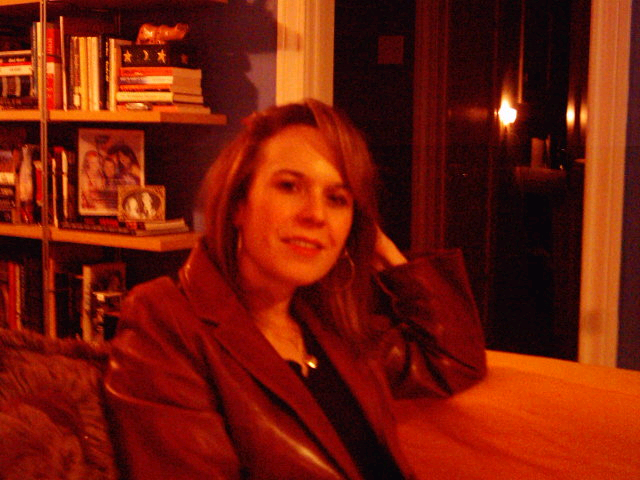Alright – so today we’ve got the honor of introducing you to Jennifer Decker. We think you’ll enjoy our conversation, we’ve shared it below.
Hi Jennifer, thank you so much for opening up with us about some important, but sometimes personal topics. One that really matters to us is overcoming Imposter Syndrome because we’ve seen how so many people are held back in life because of this and so we’d really appreciate hearing about how you overcame Imposter Syndrome.
I was so relieved when I learned that imposter syndrome was a real thing—and that it wasn’t just me who worried I wasn’t good enough. When I started my company, I had acting experience only, and everything it took to run a theater company, I had to figure out on my own as issues came up. I really had no help or mentor through any of it.
Because of that, I was often incredibly insecure about whether I had any business doing what I was doing. As my company started gaining recognition, we began to attract some truly amazing artists—and that’s when I realized I was just an okay actor. Not great like some of the people I was suddenly surrounded by. I spent a lot of time wrestling with imposter syndrome, constantly wondering if I should quit before everyone figured out I didn’t belong.
But I discovered I was a natural director. I’d been trying to force myself into the wrong box. And while that self-doubt still creeps in now and then, I’ve mostly overcome it by reminding myself that no one taught me how to do any of this—and yet I still managed to build a company from literally nothing. The projects I create are good enough that people show up, buy tickets, and we get covered in the press. And those incredible artists? They’re seeking me out. They want to work with us. That has to mean something—they believe in what I’m doing.
The biggest shift came when I finally acknowledged that acting, the thing that led me to theater in the first place, wasn’t actually where my greatest talent lay. Once I accepted that, I was able to pour my energy into developing the skills that do come naturally to me—leadership and directing. With my focus on those, I’ve grown so much. And now, I’m genuinely confident that I have every right to be doing what I’m doing. It’s a ongoing process.
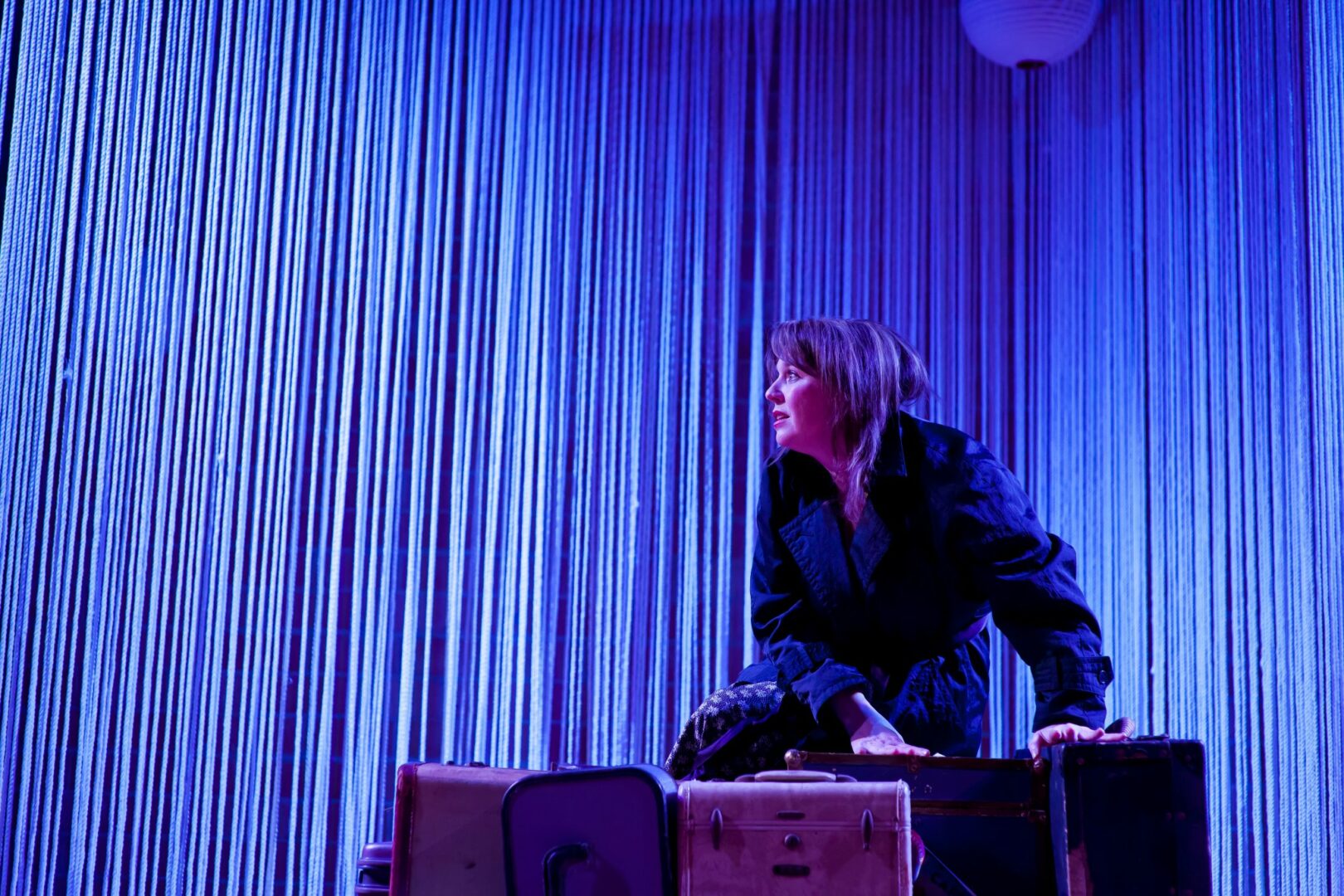
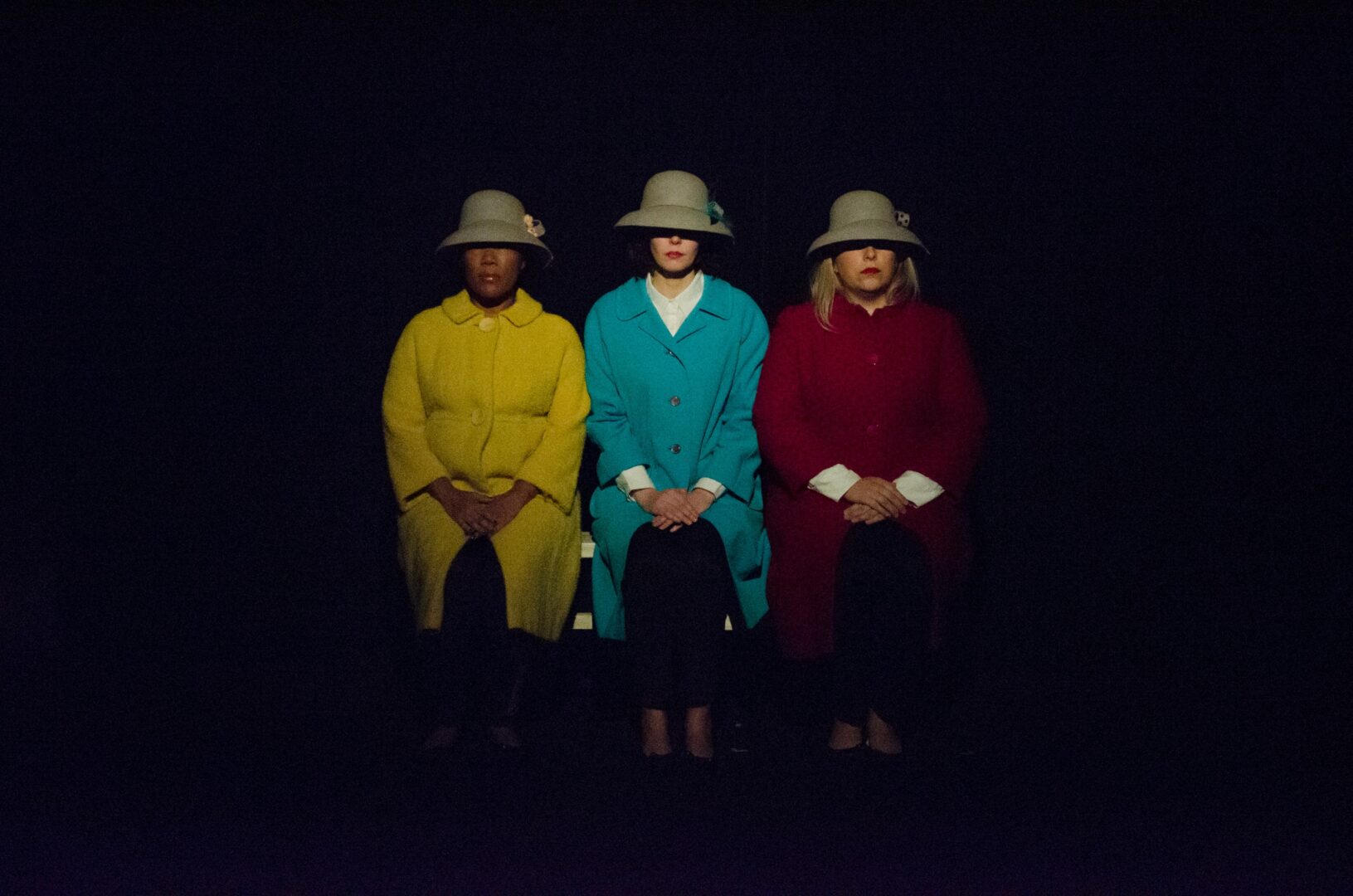
Great, so let’s take a few minutes and cover your story. What should folks know about you and what you do?
I am a co-founder and Artistic Director of Mildred’s Umbrella Theater Company. Our mission is to honor and elevate women in the theatrical arts. We are a non-profit theatre company that I co-founded in 2001. Originally, we were not focused on specifically female artists. We did mostly experimental theatre in a large city that didn’t have many big theatres yet.. as my co-founder, the playwright of much of our work, drifted away with his own projects, I found that I was choosing a lot of published work by women to produce, and many of those were prominent playwrights whose work was opening in London because generally, not many people anywhere else wanted to produce plays by women. Some playwrights whose we premiered in Houston include Naomi Wallace, Dawn King and Edna O’Brien, as well as at least one major play by Sarah Ruhl. So in 2013, we changed our mission to focus on work by women. We do have men in our company (my Associate Artistic Director is a man, and a fine director!) but we try to do plays written by women for the most part.
I am also a freelance director. Recently, I have directed shows in Houston for the Garden Theatre, The Evelyn Rubenstein JCC Joe Frank Theatre , Wordsmyth Theatre and the Fade to Black Festival.
IN ADDITION to all that, I am a college instructor at Houston Community College.
Coming up, Mildred’s Umbrella has a show called THE LAST YIDDISH SPEAKER, by Deborah Zoe Laufer, in collaboration with the Evelyn Rubenstein JCC. www.mildredsumbrella.com, which will be directed by our Associate Artistic Director, Rhett Martinez.
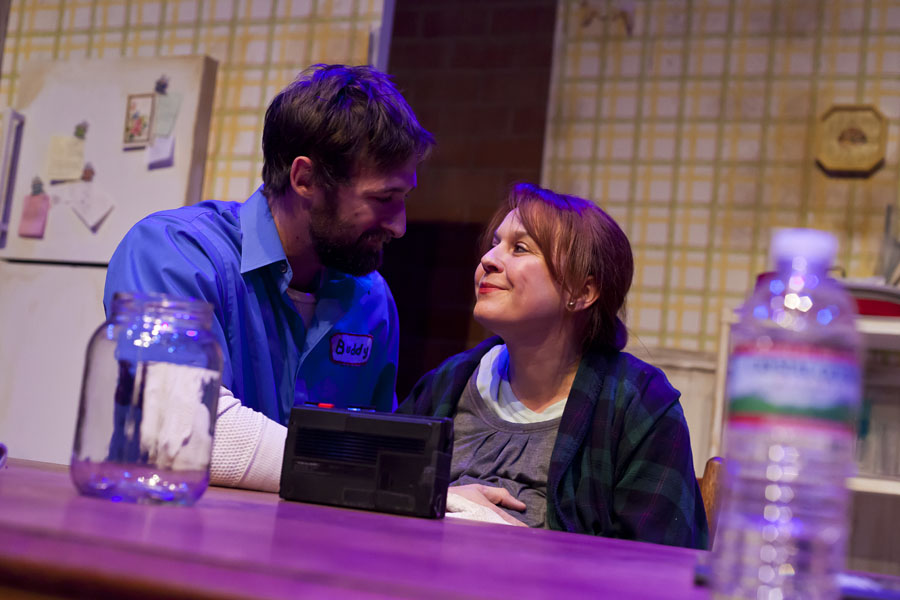
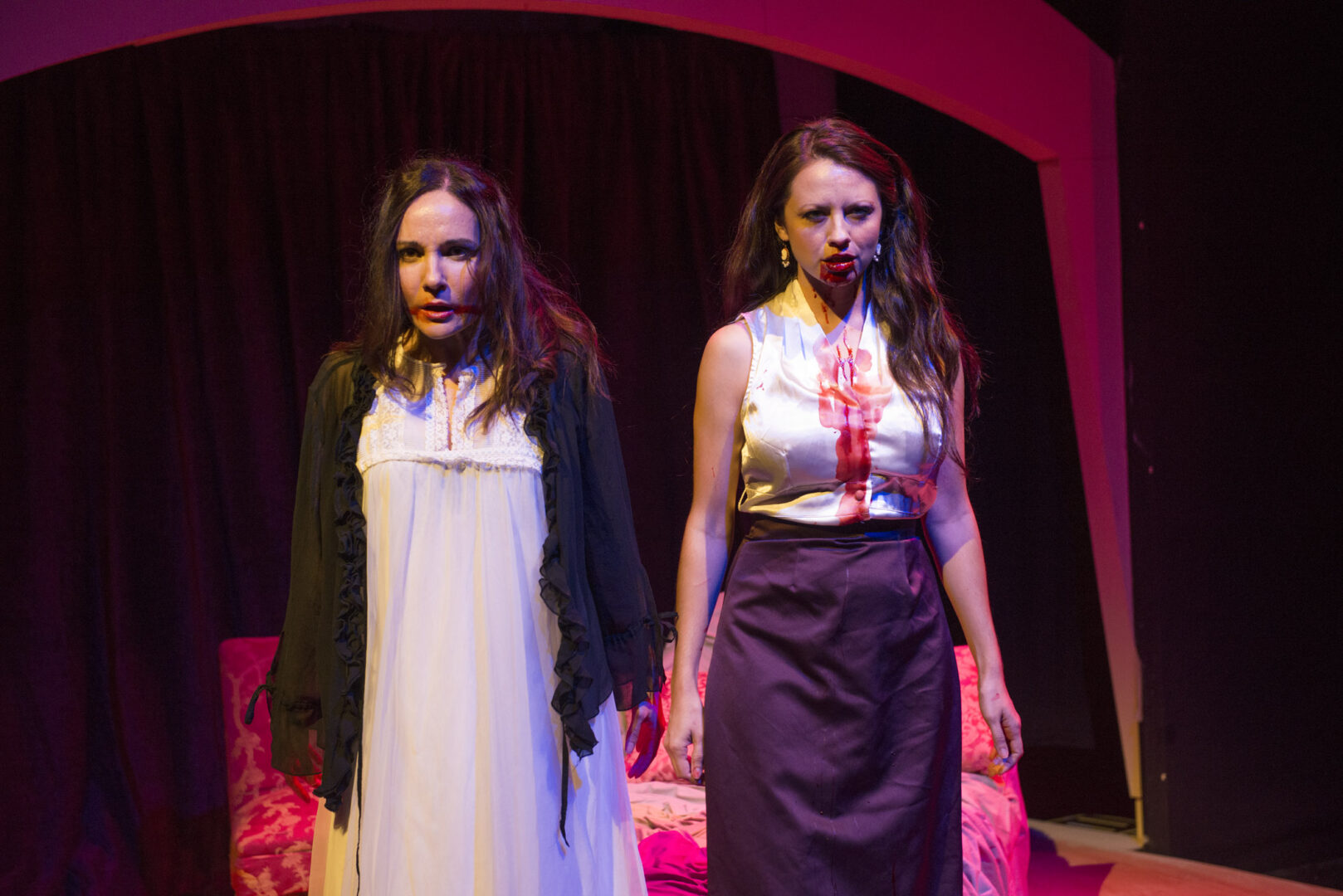
If you had to pick three qualities that are most important to develop, which three would you say matter most?
The three qualities, skills or areas of knowledge that were most impactful in my journey would probably be…
1) The ability to jump into something I have no idea how to do and just figure it out. If I hadn’t been willing to just work my way through a task I had no idea how to do, my theatre would never have survived. The only thing I knew about theatre when I started was acting. When you start your own venture, sometimes there is nobody but yourself to do the other things that need to be done. Now I do everything from grant-writing to taxes, contracts, book-keeping, program design… I learned that if I am just brave enough to jump in and start working out how to do a thing, I can usually make just about anything happen.
2) Balancing professionalism with a collaborative and kind atmosphere. There are times when I haven’t succeeded at this. Sometimes someone gets into the group that is a bit toxic and I wasn’t always the best at handling the situation when that happened in the early days, but as I’ve been a leader for a long time now, and I’ve been through many group projects, I have been able to choose my team more wisely and to foster an environment where everyone has a voice and ownership of the production. That is maybe my proudest accomplishment, and it was won through much trial and error.
3) Producing high quality art on almost no money. This is not one that I love doing, but sometimes it is necessary for survival. We have no large funders, only smallish grants and a lot of smaller donations. But with a good story and fabulous artists involved in a production, a wonderful show can happen. Do my artists always get paid? Yes! Do I sometimes have to not get paid? Also yes. But we survive. I teach English at Houston Community College so that I can pay my own bills and leave the money we raise to pay the artists.
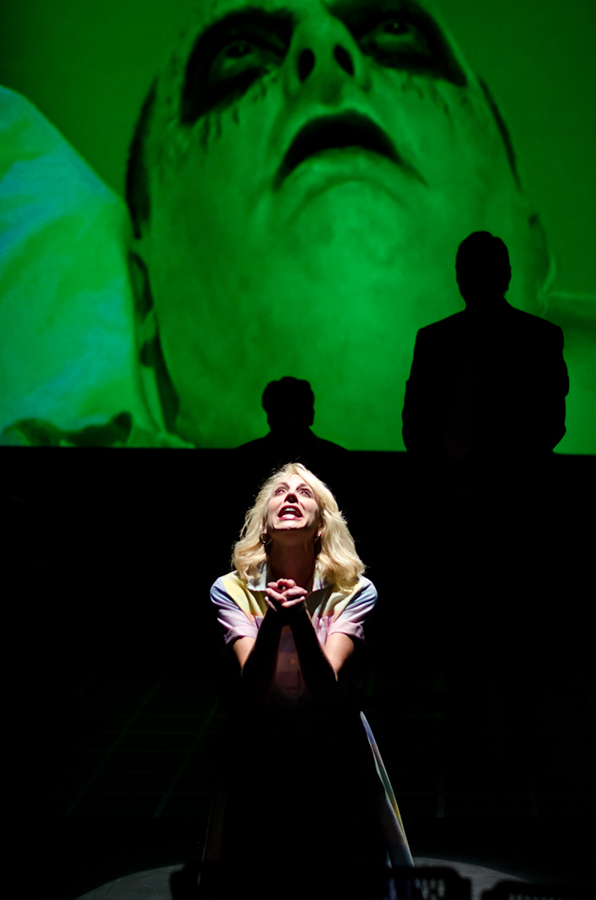
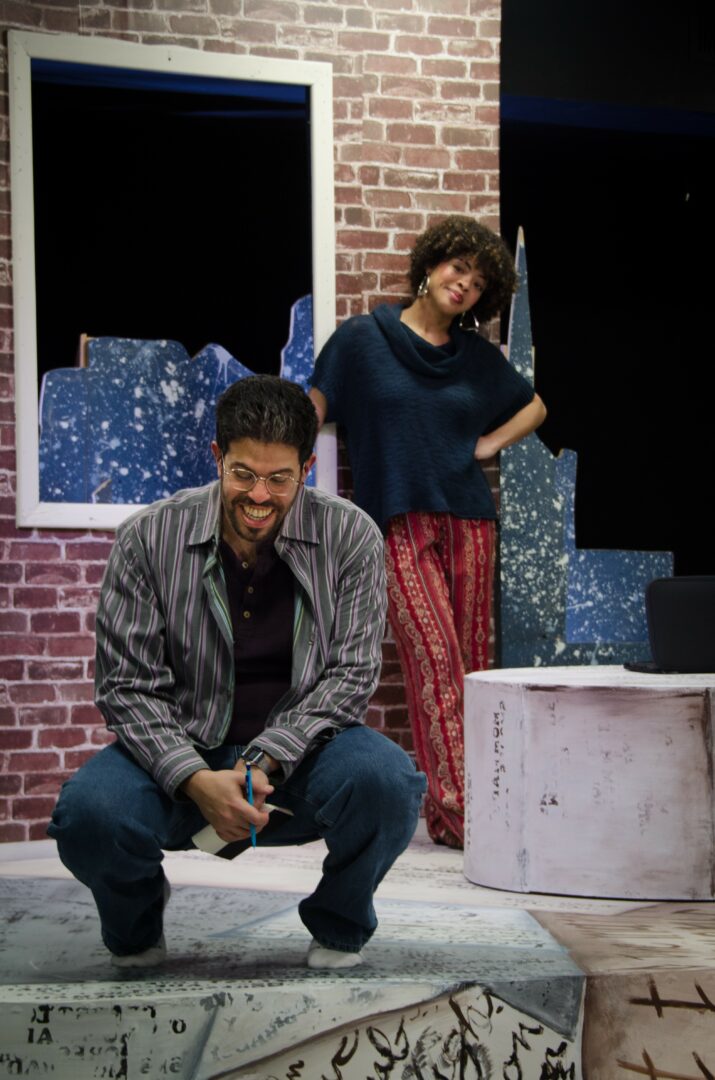
Is there a particular challenge you are currently facing?
The biggest obstacle of any non-profit theatre is the lack of money. We desperately need more funding to pay our artists what they deserve and to continue to deliver a fabulous experience to the Houston audiences.
Aside from that, we are now also nomadic. We had a performance space that we shared with another company from 2012-2017, but I was spending all of my time raising money to keep it, and after I went six years with no vacation at all, working 50 or more hours a week with my teaching job, maintaining the theatre space, constantly running productions and raising money to pay for it all. It wasn’t worth the personal cost to my mental and physical health. During that time, I thought an angel would be found to help us with funding, but magic didn’t happen. So we moved to a sub-letting situation in another theatre space. That was ideal until developers bought the building, kicked all of us out and knocked it down to make a parking garage.
We have been dealing with that challenge by renting venues and also collaborating . When we lost our space, The Alley Theatre graciously let us finish our last show in their smaller theatre, and then we rented at Rec Room, The Deluxe theatre, 4th Wall and Cone MAn Running, fitting our production with whichever space we were able to get at the time. Currently, we are doing 2 collaborative productions with the Evelyn Rubenstein JCC. We are working on solutions beyond that.
Contact Info:
- Website: https://www.mildredsumbrella.com
- Instagram: https://www.instagram.com/mildredsumbrella/
- Facebook: https://www.facebook.com/MildredsUmbrella
- Linkedin: https://www.linkedin.com/in/jennifergdecker
- Twitter: oh no. not this one.
- Other: Vimeo : https://vimeo.com/mildredsumbrella

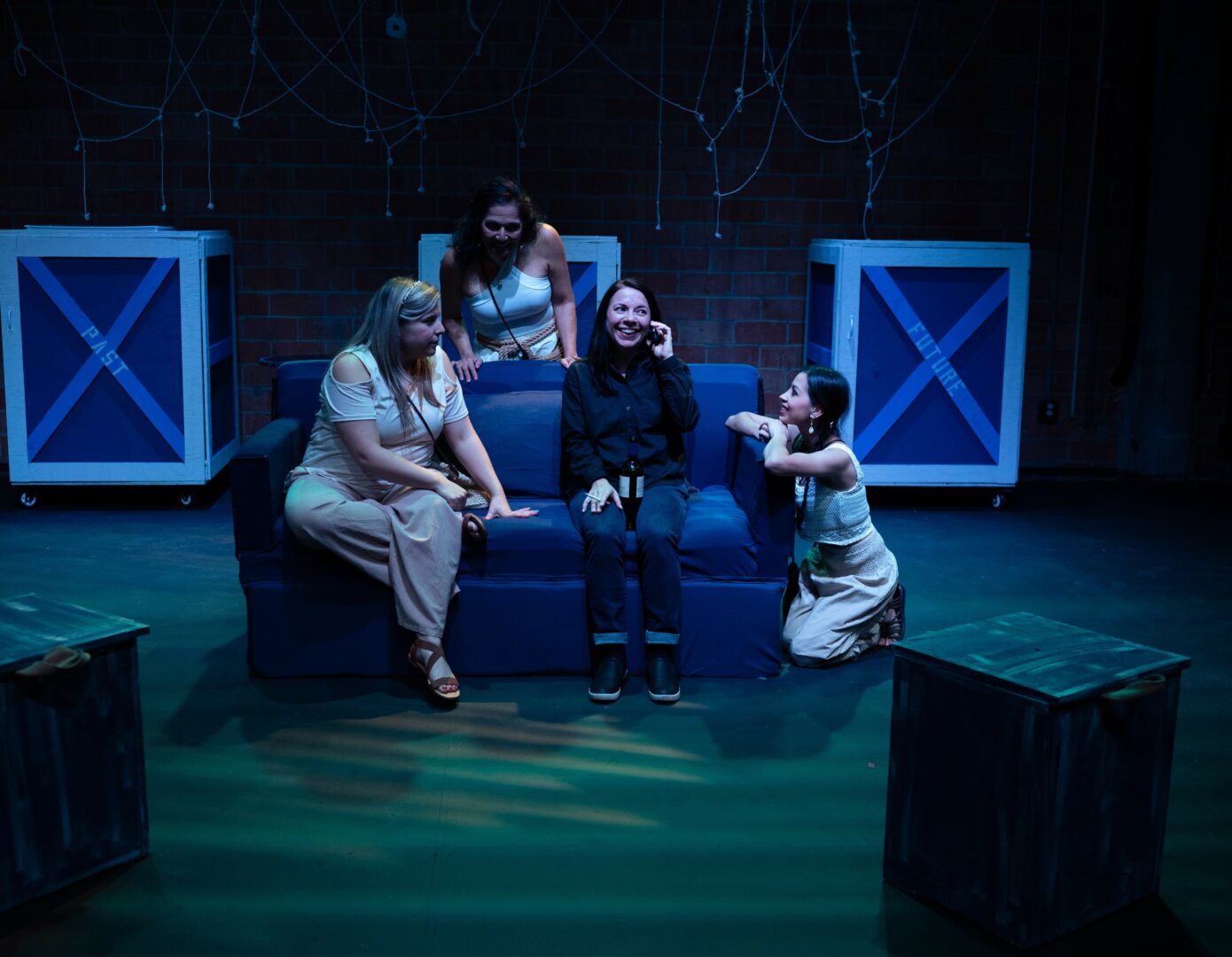
Image Credits
Gentle Bear Photography
Natasha Niván Photography
Forest Photography
so if you or someone you know deserves recognition please let us know here.

